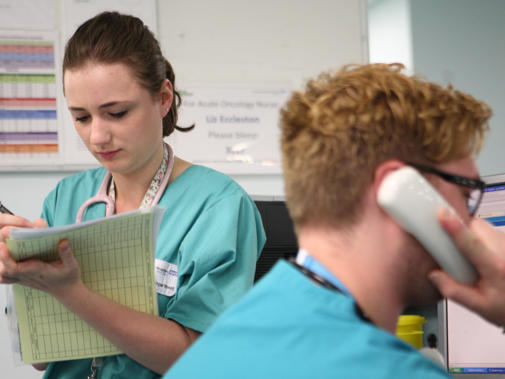Guidance around pay protection for doctors whose training was affected by the pandemic, has been jointly agreed by NHS Employers and the BMA.
Official information and guidelines for junior doctors in England who experienced unavoidable delays to training owing to COVID-19 and received a 10.2 outcome at their ARCP (Annual Review of Competence Progression) as a result, was released yesterday.
The publication comes following an agreement negotiated by the BMA junior doctors committee in May this year that doctors would be able to start on a higher pay-point upon becoming a consultant to offset the negative effects of this delay on pay and pensions.
Welcoming the guidance, BMA junior doctors committee deputy chair for terms and conditions of service and negotiations Brendan Donnelly said: ‘Through the pandemic, hundreds of junior doctors stepped out of their training to deliver essential emergency care, often at great personal, emotional and financial cost.
‘This agreement aims to reduce the financial impact of their delayed training, which can be upwards of £100,000 for junior doctors delayed by a year or more to taking up a consultant post.’
Under the terms of the 2016 junior doctor contract, pay progression is determined by nodal points reached at different levels of training such as moving from foundation year one to two and from FY2 to ST1/CT1.
Owing to the unprecedented disruption on healthcare and medical training in 2020/21 resulting from the pandemic, many junior doctors were unable to attain skills and experience required to advance in their careers, resulting in them being financially affected.
In order to acknowledge this, Health Education England created two new ARCP outcomes, 10.1 and 10.2, which sought to recognise those doctors that had been affected through no fault of their own.
The guidance published today sets out how trusts should approach pay terms for those who were financially affected by delays to training.
The BMA urges members who received an outcome 10.2 to ensure that any delay to CCT is recognised in their starting point on the consultant pay scale and increment date.
The BMA can offer advice to members unsure of their position or who need support implementing this locally.

